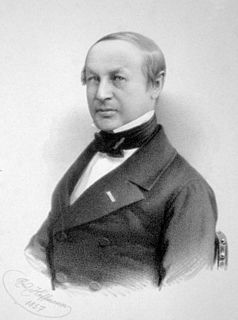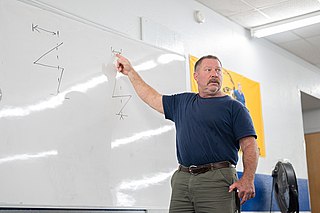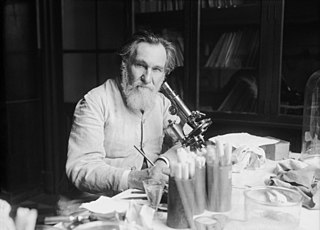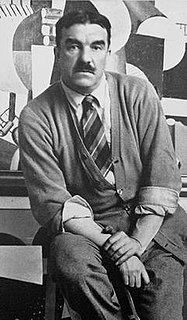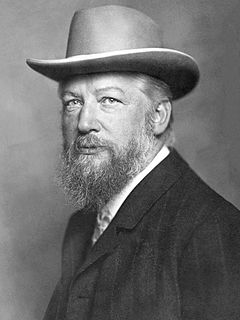A Quote by Theodor Schwann
The cause of nutrition and growth resides not in the organism as a whole but in the separate elementary parts-the cells.
Related Quotes
You do not need to do many different exercises to get strong - you need to get strong on a very few important exercises, movements that train the whole body as a system, not as a collection of separate body parts. The problem with the programs advocated by all the national exercise organizations is that they fail to recognize this basic principle: the body best adapts as a whole organism to stress applied to the whole organism. The more stress that can be applied to as much of the body at one time as possible, the more effective and productive the adaptation will be.
The whole history of these books (i.e. the Gospels) is so defective and doubtful that it seems vain to attempt minute enquiry into it: and such tricks have been played with their text, and with the texts of other books relating to them, that we have a right, from that cause, to entertain much doubt what parts of them are genuine. In the New Testament there is internal evidence that parts of it have proceeded from an extraordinary man; and that other parts are of the fabric of very inferior minds. It is as easy to separate those parts, as to pick out diamonds from dunghills.
The progress of science requires the growth of understanding in both directions, downward from the whole to the parts and upward from the parts to the whole. A reductionist philosophy, arbitrarily proclaiming that the growth of understanding must go only in one direction, makes no scientific sense. Indeed, dogmatic philosophical beliefs of any kind have no place in science.
We have reversed the usual classical notion that the independent "elementary parts" of the world are the fundamental reality, and that the various systems are merely particular contingent forms and arrangements of these parts. Rather, we say that inseparable quantum interconnectedness of the whole universe is the fundamental reality, and that relatively independent behaving parts are merely particular and contingent forms within this whole.
Single cells analyze thousands of stimuli from the microenvironment they inhabit. The more awareness an organism has of its environment, the better its chances for survival. When cells band together they increase their awareness exponentially. Division of labor among the cells in the community offers an additional survival advantage. The efficiency it enables more cells to live on less. Evolution is based on an instructive, cooperative interaction among organisms and their environment enables life forms to survive and evolve in a dynamic world.
Christ, how did you ever get this screwed up! his mind demanded of him. He knew the answer, but even that was not a full explanation. Different segments of the organism called John Terrance Kelly knew different parts of the whole story, but somehow they'd never all come together, leaving the separate fragments of what had ...once been a tough, smart, decisive and to blunder about in confusion - and despair! There was a happy thought.
